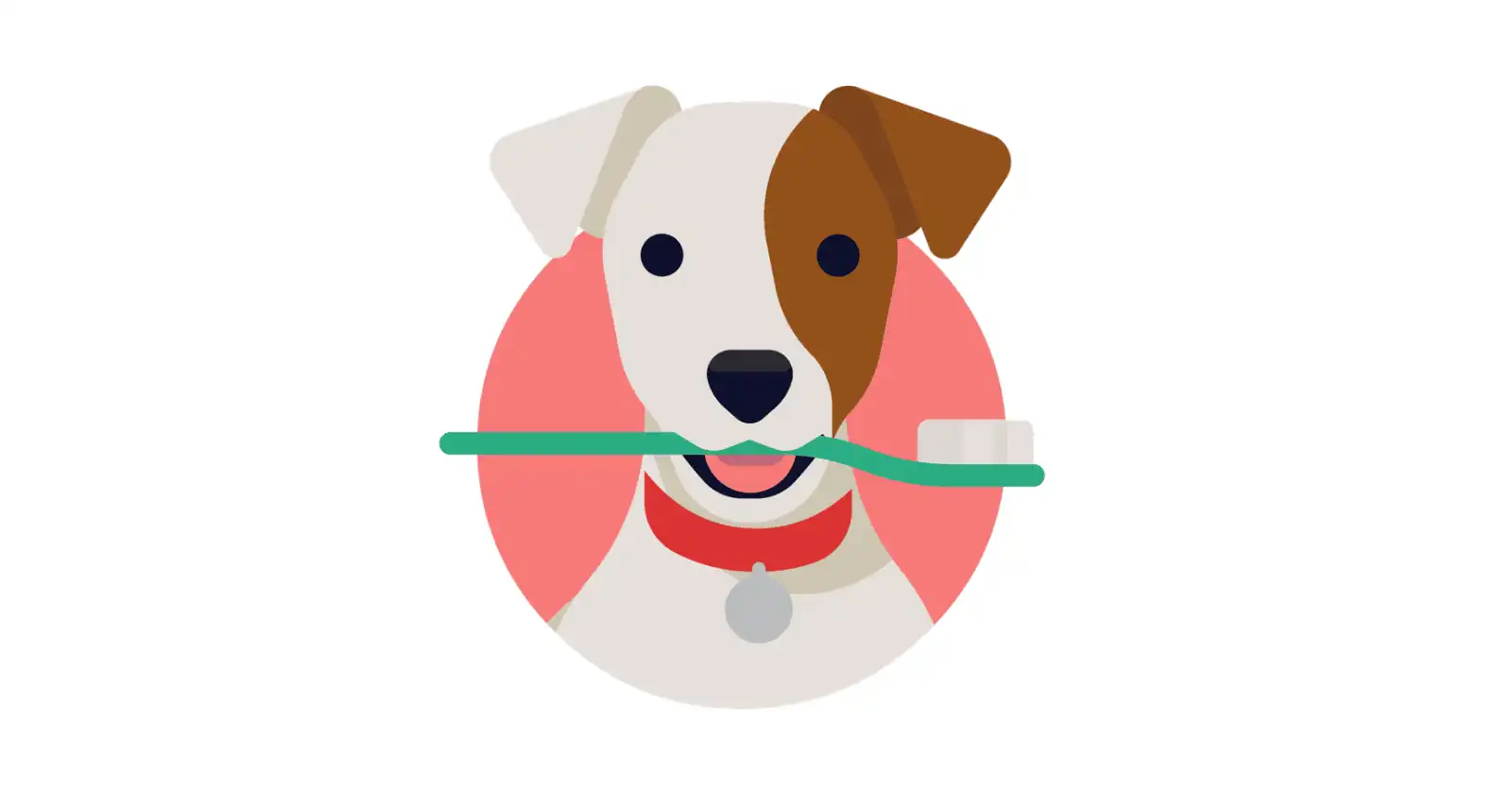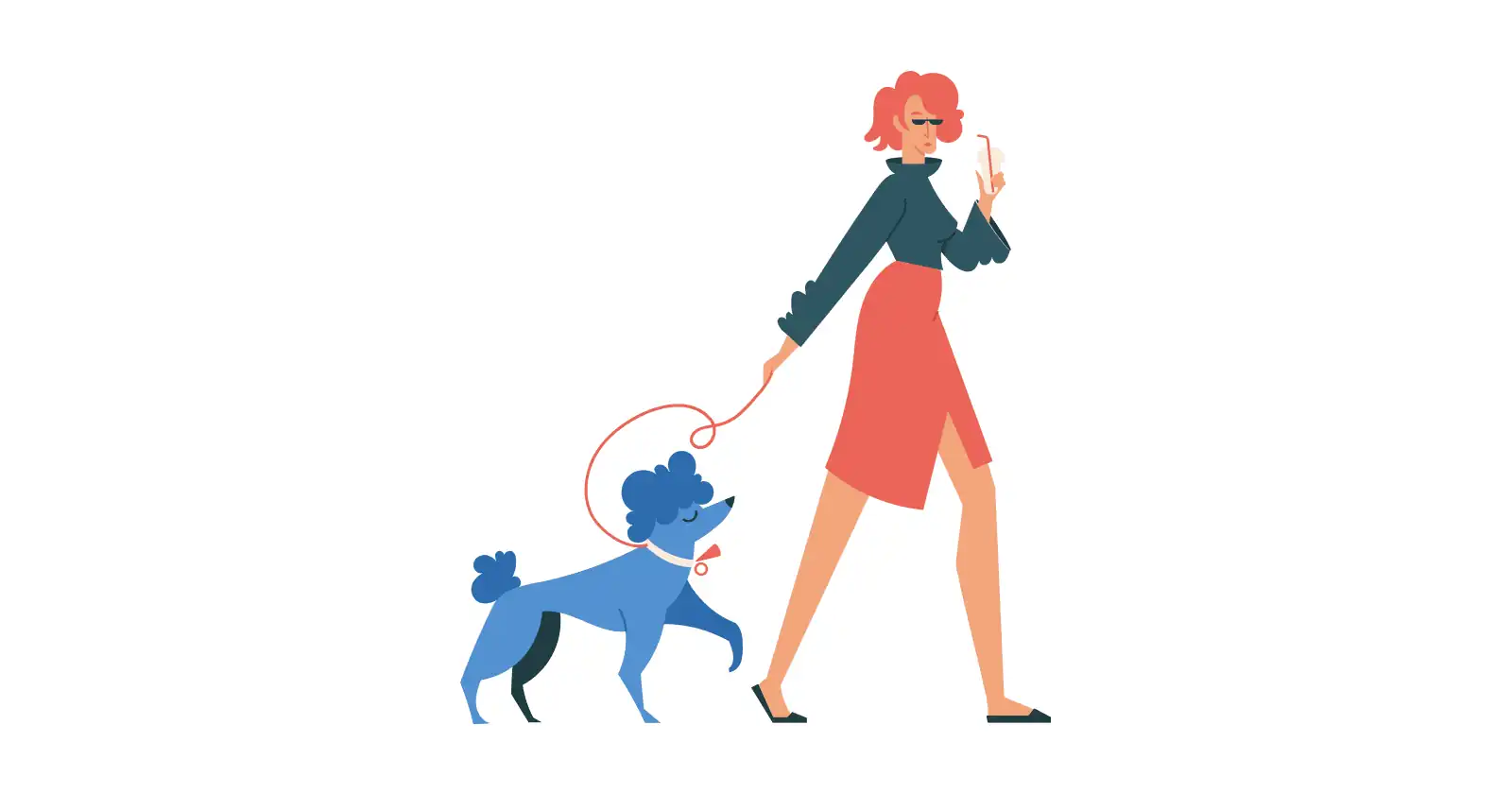Signs of Dental Problems in Dogs

Table of Contents
Dental problems are very common in dogs. About 80% of dogs over the age of 3 have some form of dental disease. Good dental care is essential for your dog's overall health and well-being. Just like humans, dogs can develop dental problems if their teeth are not properly cared for. These problems can lead to pain, infection, and even tooth loss.
Here are some of the most common signs of dental problems in dogs:
-
Bad breath is a common symptom of many oral health problems in dogs, including gum disease, tooth decay, and dry mouth. It can also be caused by certain foods and treats, such as garlic, onions, and coffee.
-
Red, swollen, or bleeding gums are a sign of gum disease, which is a serious infection that can damage the gums and bones that support teeth. If left untreated, gum disease can lead to tooth loss.
-
Loose or missing teeth can be caused by several factors, including gum disease, tooth decay, and trauma. Loose teeth can be a sign of a more serious problem, such as an infection or a bone disease.
-
Chewing problems can be caused by several things, including gum disease, tooth decay, and injuries to the mouth. They can also be a sign of a more serious problem, such as a jaw disorder or a neurological condition.
-
Changes in eating habits can be a sign of several different problems in dogs, including oral health problems, digestive problems, and psychological problems. If you notice any changes in your dog's eating habits, it's essential to see a veterinarian to rule out any underlying medical conditions.
-
Changes in eating habits can indeed be a symptom of dental problems in dogs. Oral health problems, such as periodontal disease, tooth decay, or oral infections, can cause discomfort and pain while eating. As a result, dogs may exhibit changes in their eating behaviour. Some of the symptoms can be decreased appetite, difficulty chewing, dropping food, and pawing at the mouth.
-
Whimpering or whining when eating or chewing can be a sign of pain or discomfort. It's important to see a veterinarian to rule out any underlying medical conditions.
-
Ear infections are common in dogs. They are usually caused by bacteria, but they can also be caused by viruses. Ear infections can cause pain, fever, and hearing loss. Poor dental hygiene in dogs can lead to the buildup of plaque and tartar on their teeth. This buildup can cause gum inflammation and infection, known as periodontal disease. The bacteria present in the infected gums can travel through the bloodstream and potentially affect other parts of the body, including the ears.
-
Fever is a sign that the body is fighting an infection. It is usually caused by a virus, but it can also be caused by bacteria or other microorganisms. Fever is usually not a cause for concern, but it is important to see a veterinarian if the fever is high or if it lasts for more than a few days. In some cases, if the infection spreads and becomes more severe, the dog's immune system may respond by triggering a fever. The body raises its internal temperature as a defence mechanism to help fight off the infection. This immune response is not specific to dental problems but can occur with any infection, whether it originates from the teeth or any other part of the body.
If you notice any of these signs, it is important to take your dog to the veterinarian as soon as possible. Dental problems can be very painful for dogs, and they can also lead to more serious health problems if left untreated.
Preventing Dental Problems in Dogs
-
Brush your dog's teeth regularly. You can use a soft-bristled or dog-specific toothbrush and dog toothpaste, human toothpaste is harmful to dogs (it contains ingredients that can be toxic to them if ingested) and it must not be used.
-
Start brushing your dog's teeth when they are young. This will help them get used to the process and make it easier as they age.
-
If your dog does not like having their teeth brushed, you can try using a water flosser or giving them dental treats or chew toys.
-
Give your dog dental treats or chew toys. These can help to keep your dog's teeth clean and healthy.
-
Avoid giving your dog table scraps. These can contain harmful bacteria that can lead to dental problems.
-
Take your dog to the veterinarian for regular dental checkups. The veterinarian can clean your dog's teeth and look for any signs of dental problems.
By following these tips, you can help to keep your dog's teeth healthy and prevent dental problems.


